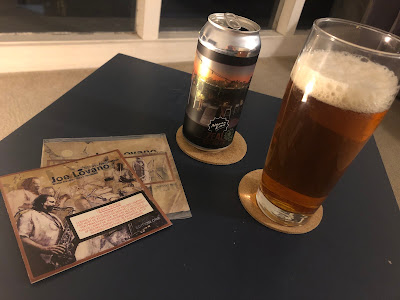Tonight I planned to listen to selections from discs relating to an up coming session. The theme for November is "Jazz & Place" - which I'm leaning towards music that I have connection the place and the music. maybe something from Chicago which I've nailed down to a couple of options - Miles Davis 'Live at the Plugged Nickel 1965' (I lived a short walk from where the club once stood and it's one of my favourite recordings from Miles) or Ken Vandermark's 'The Midwest School' (I heard this group, Audio One, at the Green Mill in 2013 and this was recorded in 2014 at the same venue). And then there's NYC, and The Stone in particular - Connie Crothers and Bill Payne ('The Stone Set'), Richard Tabnik ('Symphony for Jazz Trio') or Connie Crothers Quartet with Mark Weber.... a tough choice! Plus there's Will Holhauser/Michael Moore/Han Bennink 'Live in NYC' not only a souvenir from that gig at Drom where I happened to run into Bastian Duncker (it's a reminder of the time I spent in Greece where I'd been a couple of months before playing music alongside Bastian). It all feels a little nostalgic tonight... maybe it's the chamomile tea?
But in the end, I went off script and ended up listening to Amok Amor - Petter Eldh (bass) Christian Lillinger (drums) Wanja Slavin (alto sax) and Peter Evans (trumpet) - and their high energy playing almost crushed any nostalgic feelings that were kicking about! Seriously though, this is a recent bandcamp purchase that I bumped into will looking into Lillinger. He's quite the drummer and worth price of admission alone, but everyone plays well, and it's a really cohesive quartet. Maybe not music I will return to a lot but when the moment strikes me it can hit the spot.















